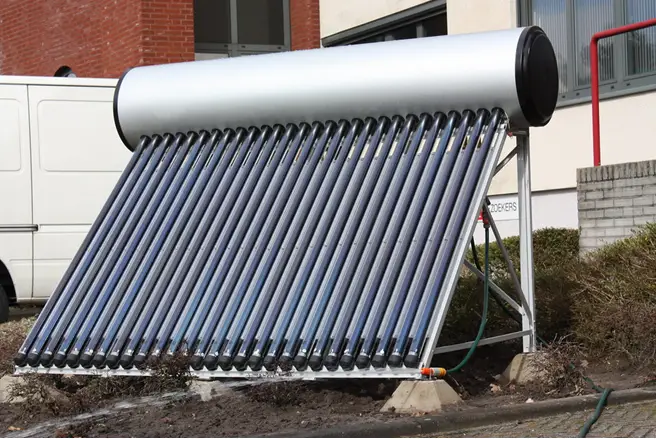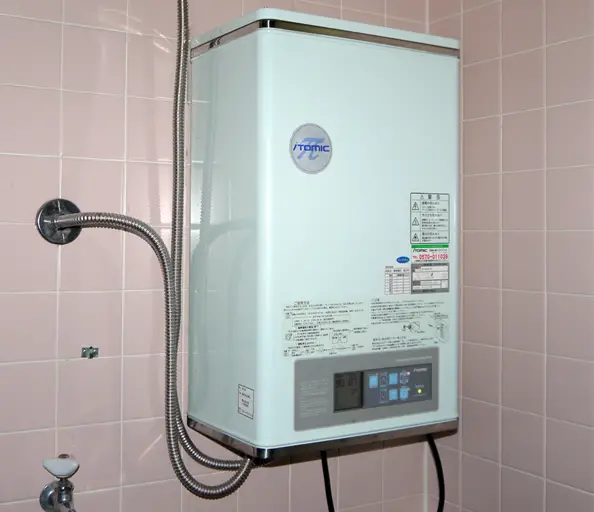Hot running water is an essential part of almost every household. We need hot water for several household activities from cooking to showering to laundry and so on. But what happens when your water heater suddenly stops working the way it should?
Well, of course, you will have to replace it for everything to go back to normal. Luckily, the water heater installation process is quite straightforward and a pro can have it done in record time. But aren’t there ways to know if something is wrong with this plumbing appliance before it finally breaks down?
Well, there are often some signs pointing you in this direction. You simply need to know these signs so you can do the needful before you end up in an urgent situation where your heater stops working completely. Luckily, we will discuss these signs below.
The Heater is Old
Just like any other equipment, your heater has a lifetime and is not built to last forever. At one point or the other, you will need to have it replaced because it has reached the end of its lifespan. Typically, this plumbing appliance is meant to last between 8 to 10 years. However, depending on the type, some might become too old and start showing symptoms of this even before 8 years.
Also, even if yours is not showing aging symptoms yet but it has been 10 years since it was manufactured, you need to have it replaced. If you do not know the manufacturing date (perhaps you live in a rented building and the appliance was there before you moved in) then you can check the serial number to find this out. The number should read similar to this: I12106940.
The alphabet in front of the number represents the manufacturing month. The letter I is the 9th letter of the alphabet and represents the 9th month which is September. The next two numbers are the last numbers of the manufacturing year, i.e., the 12 in our example means 2012. So, the serial number I12106940, means the appliance was manufactured in September 2012.

Strange Noises
One of the symptoms of an old heater that should be replaced is strange noises. When heaters work, they gather sediment at the bottom of their tanks. With time the sediment gets hard and starts to grow on the floor of the tank. This would then cause rumbling or banging noises whenever the appliance is working. This would cause the appliance to consume more energy as it tries to work as optimally as possible despite the issue.
While sediment accumulation is a symptom of an aging heater, you do not have to allow them to gather over time. Regularly flushing the take (yearly) will prevent the excess buildup of sediments. This would help your unit last to its full lifespan. However, only a professional plumber should carry out this flushing to prevent damage to the unit and ensure the safety of people around.
Rusty Water
Steel is one of the strongest metals, but it can even get corroded and rust when exposed to too much water. You can visit https://sciencing.com/ to read about the strongest metals on earth. So, once you find rusty water coming out of your tap, then it is likely a sign that you need to have your heater checked.
Sometimes, the rust may be because of the pipes. To find out whether the rust is coming from the heater or the pipe, drain the water out of the tank and then see if the water coming out is still rusty. If it is, then the pipes are the culprit, and changing them may solve the problem.
But if the water coming out after the tank is empty is clean, then it means the tank is the culprit. In this case, you will have to change the heater. There is usually no way to save the tank once rust enters the picture.

The Water is Not Getting Hot
Perhaps, the most obvious sign of a faulty heater is when your water stops getting hot. But then, just because you are not getting hot water does not mean you have to immediately change the appliance.
Sometimes, the problem may be from another component altogether like your thermostat or a heating element in the heater is bad. Simply adjusting your thermostat will solve the thermostat issue.
As for the heating element issue, you will likely need a plumber to get it checked. But if every other probable reason for this problem has been ruled out, then you may have to accept that you need a replacement. Getting a pro involved will help you rule out potential problems and get the best solution.
Leaks
Once you start finding puddles of water on the floor close to your tank, there may be a leak somewhere. The metal the tank is made of tends to expand with use. These expansions over time can form a fracture in the metal and cause it to leak whenever the tank expands during a heating cycle.
Other times, the leak may be due to broken or poor connections. In cases like these, the leaks can be addressed by fixing the issue and you will not have to replace your heater. However, if the leak is directly from your tank, then there is nothing you can do to salvage it. You will have to have it replaced as soon as possible.
Make sure you do not delay when it comes to fixing leaks from your heater. This is because this seemingly small issue can cause severe damage to your properties and home. In less serious cases, your belongings like books, electronics, records, carpets, and so on can get destroyed.
In extreme cases, you may develop a mold issue that will end up spreading and causing severe damage to your home. Mold can also cause some health issues like breathing problems and allergies. You can read this article to learn how mold can affect a person’s health. Therefore, act fast before the leaks can become something more damaging.
Conclusion
Sadly, your water heater like all appliances will have to be replaced with time. But rather than letting it completely stop working on you, you can have it replaced as soon as you start suspecting a breakdown. All you have to do is look out for all the signs which we have discussed in this article.




